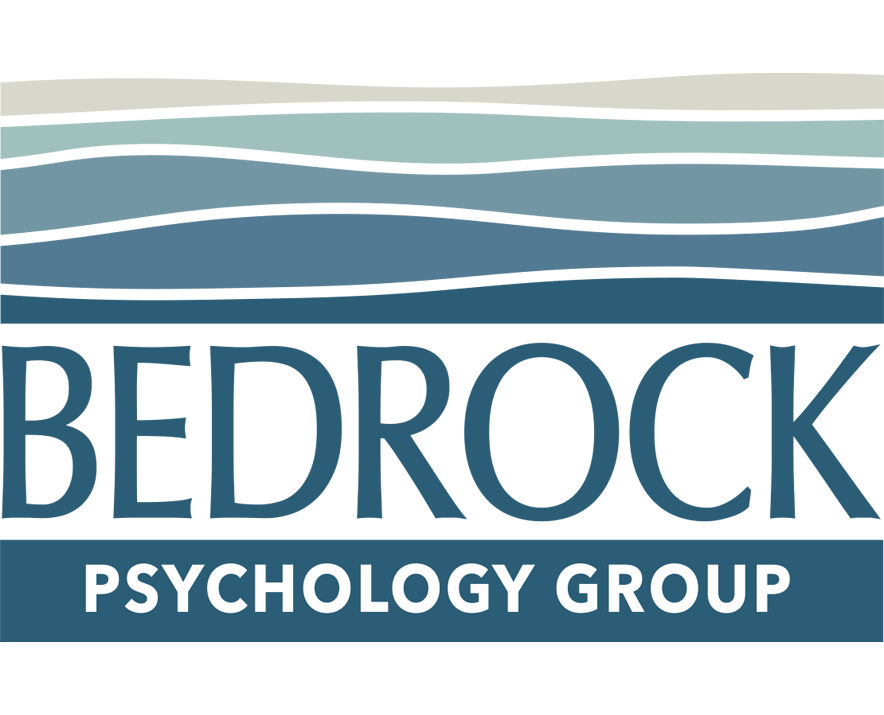Feeling Lost? How Therapy Can Help
Have you ever felt so overwhelmed with life that you can’t pinpoint what’s wrong? Have you ever felt as if you’re just going through the motions, stuck in the same place, with no idea which direction to take? You’re not alone. Feelings of being lost or stuck can be incredibly isolating and overwhelming. But it’s important to remember that feeling lost is a sign that you’re ready for a change and that you’re open to growth. And that’s where therapy can make a real difference.
Understanding the Feeling of Being Lost
Many people come to therapy with an overarching sense that things are just not right, yet they can’t quite articulate these feelings. This is absolutely ok. In fact, one of the first steps in getting unlost is to acknowledge that you are lost. This can be a daunting task, but it’s an important one. It means acknowledging that something needs to change and being open to exploring the root causes of this feeling. This acknowledgment often serves as the Bedrock or foundation of your quest for clarity.
When we feel lost or stuck, it’s often because something in our lives does not aligning with our values or sense of purpose.
Feeling lost can manifest in numerous ways. It could be a sense of restlessness, dissatisfaction with your current situation, or a longing for something more—something indefinable. This feeling can stem from various life circumstances, such as career transitions, personal losses, or a general dissatisfaction with the direction your life is taking.
For some people, “going through the motions” is a common experience when feeling lost. It’s as if you’re just existing, but not truly living. Others may feel overwhelmed and stuck, unsure of what to do or how to move forward. And in some cases, feeling lost can lead to feelings of hopelessness and despair.
Finding Your Way Forward
Therapy is a valuable tool for those who feel lost or stuck. Through therapy, you can gain a better understanding and clarity of your needs and desires. A therapist can help you explore the root causes of your feelings, identify any negative patterns or beliefs that may be holding you back, and develop coping strategies to help you navigate through this confusing time in your life.
Through therapy, you can also learn how to set goals that align with your values and purpose. Your therapist can provide a safe and supportive space for you to explore new possibilities and discover your strengths and passions. They can also help you create a plan of action to move forward towards a more fulfilling life.
One of the main benefits of therapy is having a safe and non-judgmental space to express and process your thoughts and feelings. A therapist can provide support, guidance, and perspective as they help you steer you toward clarity. They can also help you identify and challenge any negative beliefs or patterns that may be holding you back.
Working with a therapist can help you gain clarity and direction when feeling lost. Together, you can explore your values, interests, and goals to determine what truly matters to you.
The Therapeutic Relationship: Your Compass in the Fog
A key component of therapy is the relationship between you and your therapist. Your therapist serves as a guide, navigating you through your feelings of uncertainty. They provide you with the tools to understand your emotions and behaviors, enabling you to take charge of your life.
Therapeutic Techniques: Your Map to Self-Understanding
Therapists employ various techniques to help you explore your feelings. Cognitive Behavioral Therapy (CBT) can assist you in identifying and challenging negative thought patterns, while mindfulness-based therapies can teach you to stay present and embrace uncertainty. Other techniques, such as psychoanalysis and psychodynamic therapy, help you explore past experiences that may be influencing your present behavior.
Moving Forward: Embracing Your Journey
Therapy is not a one-size-fits-all solution. It’s a journey that each individual embarks on in their unique way. Through the guidance of your therapist and your self-discovery, you can learn to embrace and accept your emotions, rather than suppressing them. You can also develop healthy coping mechanisms and gain the confidence to navigate through life’s challenges. By taking charge of your mental health and seeking support, you are actively working towards a more fulfilling and authentic life.
Therapy as a Journey of Self-Discovery
Therapy is not just about ‘fixing’ what’s wrong. It’s a journey of self-discovery, where you can learn to embrace change, cultivate resilience, and find purpose amidst the chaos.
If you’re feeling lost, it’s easy to view it as a negative state. But it’s essential to remember that feeling lost is often the beginning of a new journey—a journey towards self-understanding, growth, and change. And therapy can be an invaluable ally on this journey, providing guidance, support, and the necessary tools to navigate through the fog.
To start your journey, reach out to a licensed psychologist today. Begin the process of self-discovery and embrace the change that lies ahead. Remember, it’s okay to feel lost. It’s okay to seek help. And it’s more than okay to take control of your life and your happiness.
